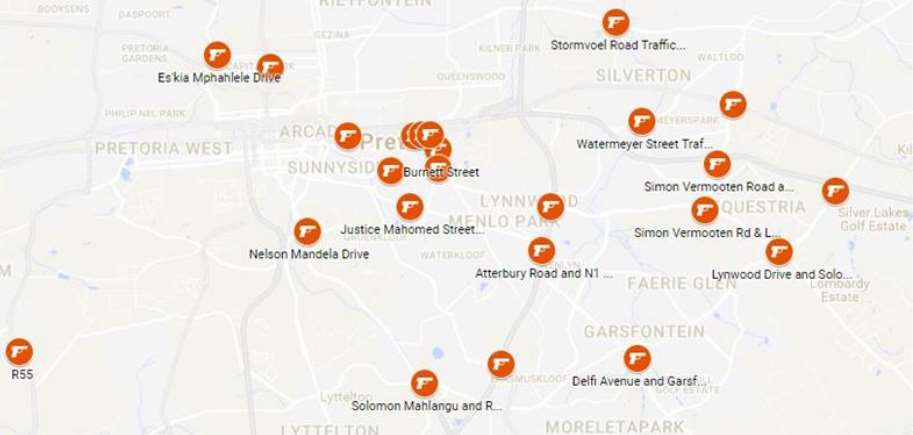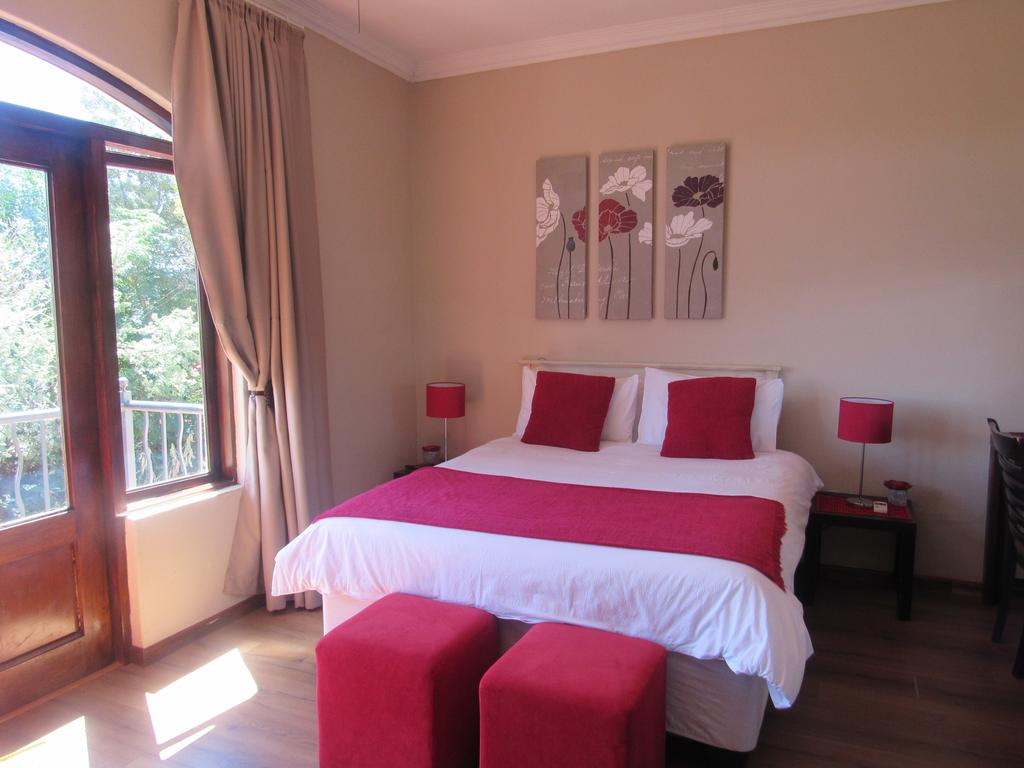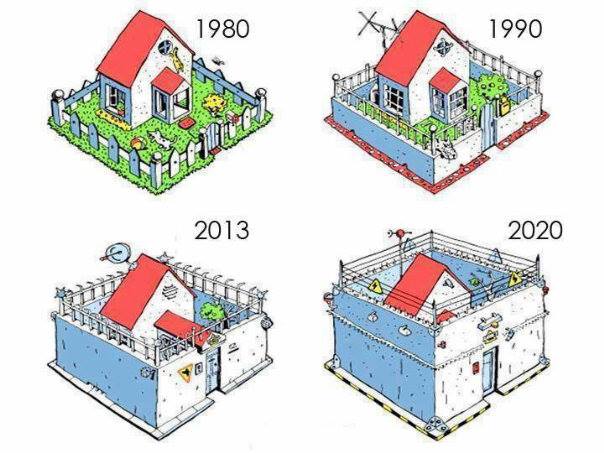
Despite a wave of crime that ravages Kameeldrift East in Pretoria, it seems that the SAPS is simply looking the other way, as no active steps are being taken to provide badly needed relief for this agricultural community.
AfriForum launched several actions to support this besieged area in its battle to call the SAPS to account to ensure that the local police station functions properly to effectively help the community.
Among other, AfriForum launched a court application to compel the community to send reservists for the prescribed training to enable them to supplement the understaffed police station. AfriForum also monitors the investigation of various cases, among them that of former Springbok Naka Drotské, who was injured during a farm attack on his brother’s smallholding.
Another is that of Manie Entres, whose wife was murdered in his presence. In both cases, the SAPS investigative abilities were shocking. AfriForum has already voiced its dissatisfaction in a letter to Gen. Wiese, Cluster Head of the area. Gen. Wiese has not yet replied to the letter, despite follow-up letters in this regard.
“AfriForum shares the frustration of the Kameeldrift East community and will continue to launch actions to compel the SAPS to fulfil its constitutional mandate,” says Hillel Coetzer, AfriForum’s Head of Community Safety for the northern region.
“As civil rights watchdog, AfriForum succeeds time and again in calling law enforcement authorities to account through its initiatives. AfriForum will continue to do so,” concludes Marnus Kamfer, Legal and Risk Manager at AfriForum’s Community Safety division.
Read the original article in Afrikaans on AfriForum
This report does not necessarily reflects the opinion of SA-news.

















